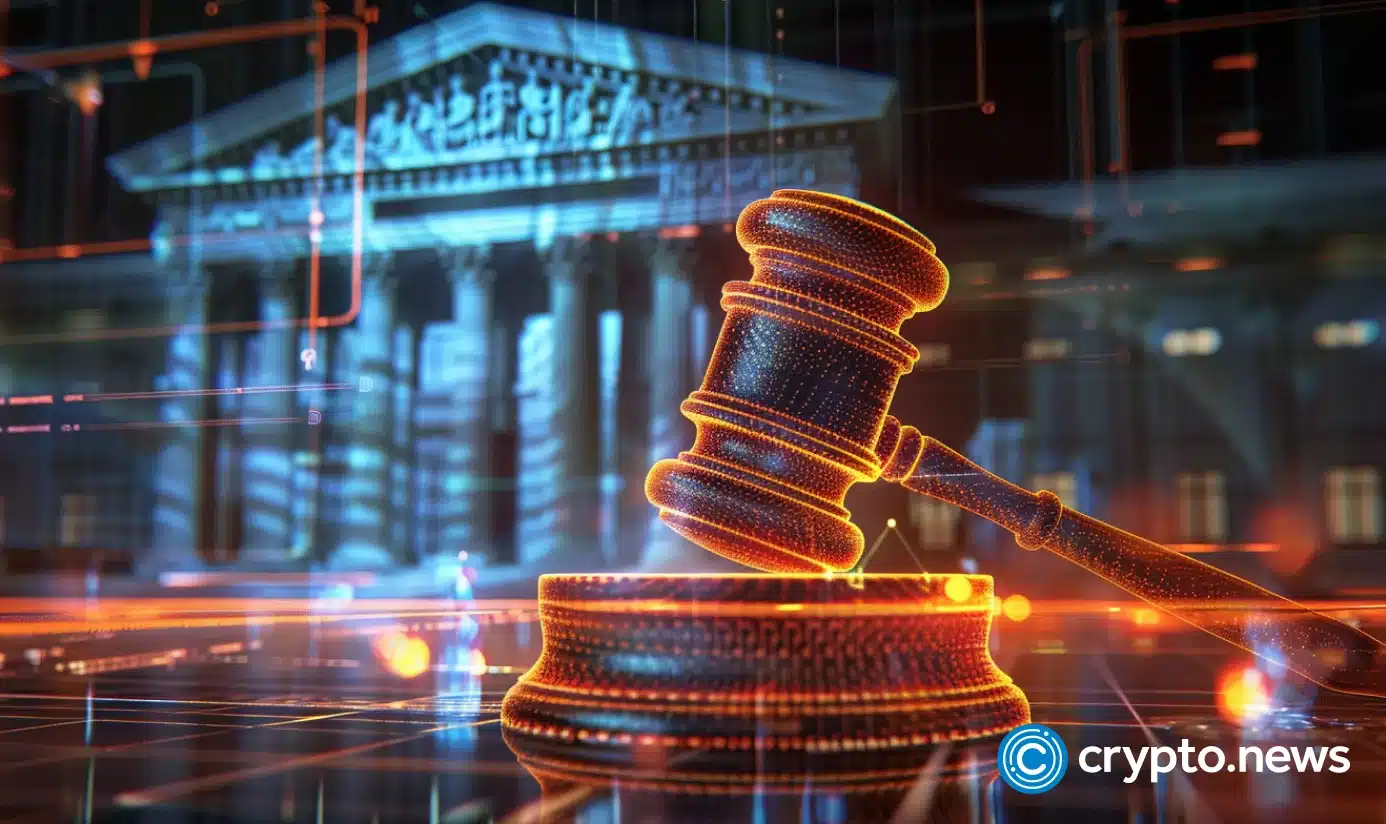
The Indonesian Commodity Futures Trading Regulatory Agency has extended the deadline for crypto exchanges to meet the necessary requirements to get their Physical Crypto Asset Traders license as part of a revised government bill.
In an Oct. 20 press release, the Indonesian Commodity Futures Trading Regulatory Agency — known locally as Bappebti — announced that the deadline for crypto exchanges to meet the requirements needed for a Physical Crypto Asset Traders license.
Crypto exchanges have until the last week of Nov. 2024 to fulfill the registration requirements. The regulatory agency clarified that the extension only applies to crypto exchanges that are already listed under Prospective Crypto Asset Physical Traders.
The extension is part of the newly revised government bill, Bappebti Regulation Number 9 of 2024.
The new bill requires crypto exchanges to sign a partnership deal with a local government body and implement Know Your Transaction standards as well as grants trading opportunities for institutional entities.
Oscar Darmawan, CEO of major Indonesian crypto exchange INDODAX, expressed his gratitude to Bappebti for giving crypto exchanges more time to adjust to the regulations set by the government.
“This will also help strengthen the crypto industry as a whole by ensuring that every crypto exchange complies with the standards that have been set,” Oscar said in his statement to local media outlets on Oct. 20.
He explained that INDODAX is currently going through the validation process and is awaiting approval from Bappebti in order to get the license. Darmawan also assured that the exchange company will comply to the latest regulations.
Head of the Bureau of Legislation and Enforcement at Bappebti, Aldison stated that Regulation Number 9 2024 will act as a roadmap to regulating the crypto ecosystem in Indonesia. Among the changes made, Aldison highlighted how it accommodates institutions looking to trade in digital assets. Previously, only individual entities were mentioned in the bill.
“Legal entities and business entities can also become digital asset traders,” added Aldison.
He explained that licensed crypto exchanges are still required to sign a partnership agreement with the Indonesian Directorate General of Population and Civil Registration of the Ministry of Home Affairs, as per the new regulations.
In addition, crypto exchanges are obligated to list on the National Crypto Asset Futures Exchange and become a member of the Crypto Asset Clearing House. If not, they risk having their applications for the license revoked.
In an Oct. 18 press release about the new regulations, Bappebti aims to build a modern, adaptable and transparent crypto ecosystem.
“Bappebti will adjust existing regulations in accordance with the Commodity Futures Trading Law. The crypto industry is very fast and dynamic, so it requires an ecosystem that is strong and able to meet market needs,” said Ir. Kasan, Head of Bappebti.
This article first appeared at crypto.news